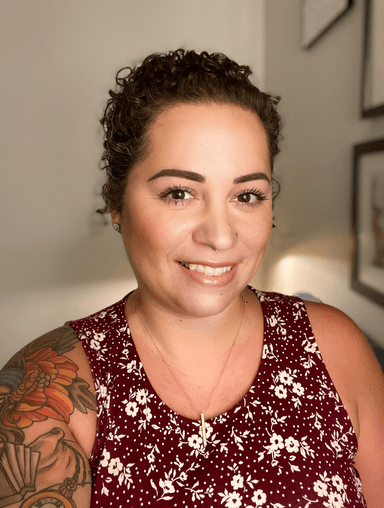
Catherine McClellan knows how the disease of addiction can destroy a family. Her father was an alcoholic, which made her childhood chaotic, she says. She married an addict who died from his disease when their children were young. And her son, Kenny, struggled with addiction and died earlier this year. McClellan has other children who have not experienced addiction.
Having lived with the consequences of addiction from a young age, McClellan, CRS, broker-owner of 850 Getaway in Panama City, Fla., began volunteering for a sober living program many years ago. She taught courses and provided resources to women, but over time, she noticed the same people cycling through the program. “There was this hole in the care we were providing,” she says. “We needed aftercare. We needed some kind of extra support to help these women stay sober.”
That idea led McClellan five years ago to launch The Evers House, a transitional home for women on the road to recovery. A joint effort between McClellan, her late son and Florida State Sen. Greg Evers, who helped her secure funding and support, The Evers House offers six- to 12-month sobriety programs and has served more than 300 women. McClellan says her nonprofit has a 70% success rate regarding women staying sober past two years, the amount of time it takes for an addict’s brain to recover.

“There was a need in our community for this kind of thing,” McClellan says. “This isn’t one of those rehabs in Malibu for the rich. It’s a place where women who want to get sober—even if they are poor or don’t have the resources—can come and get the support they need to get back on their feet.”
Most women at The Evers House have been ordered by a court to enter a recovery program. The Evers House partners with local employers to help the residents find a job and ensures the women have access to mental health services. Residents also can get legal help, financial wellness education and transportation to and from work. Most importantly, The Evers House is a safe, stigma-free place for them to get back on their feet.
McClellan says she can relate to many of the women because of her experience with Kenny, whom she describes as a tall, handsome and successful man. Kenny didn’t embody what society portrays as an addict, she adds. He ran her construction company, married his best friend and was doing well financially. “He worked really, really hard to get sober,” McClellan recalls. “And he did. He was sober for three years.”
However, an oxycodone tablet laced with fentanyl killed him in March. McClellan says his death has fueled her resolve to continue her work with The Evers House. “Stigma is the biggest challenge when it comes to addiction,” she says. “I sit on many boards around this city, and I hear it all the time: Addiction isn’t what people think it is, and it can affect any one of us.”
McClellan says her story helps others see that addicts need care and support. “The education part is so important,” she says. “If people like me don’t speak out and get involved and advocate, then who will? Right now, we all know or live with or love someone struggling with addiction. What’s needed in addiction care is empathy and support.”









